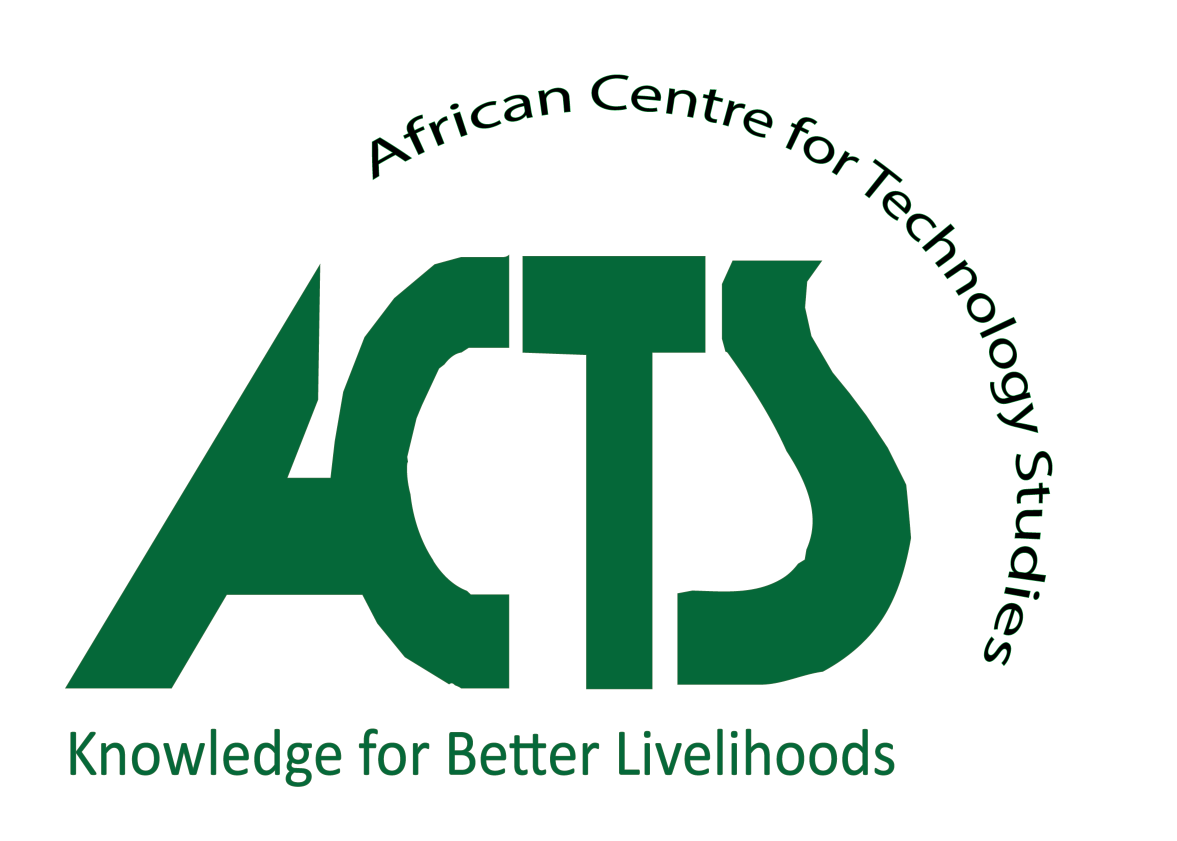Globally, climate change remains a big challenge to humanity and its impacts are vast, interlinked and widely documented. These impacts vary across regions, with developing countries bearing the heaviest brunt. Africa is particularly vulnerable to climate change due to a combination of factors, including:
- Heavy dependence of livelihoods and economic activities on rain-fed agriculture;
- Natural fragility of its ecosystems (degradation and desertification accounts for 67 percent of Africa’s surface area);
- Poorly developed infrastructure (especially water, energy, ICT and transport) that can hardly survive extreme weather events such as floods and drought; and
- Weak economies, relatively lacking in financial and technological resources for climate adaptation and mitigation.
The programme provides policy choices that support the generation, uptake and harnessing of climate change-related STI for sustainable and diversified livelihoods, socio-economic development and biodiversity conservation in Africa. Through these efforts, the programme expects to create an inclusive, pro-poor and thriving climate change resilient economies for economic, social and environmental sustainability in Africa. In addition, the programme is keen on supporting development of enabling capacities, policies, organisations and institutions for harnessing applications of climate change-related sciences, technologies and innovations for energy access and security, water quality and security, biodiversity and natural resource management in Africa by mobilising resources and funds for building climate-resilient economies.

